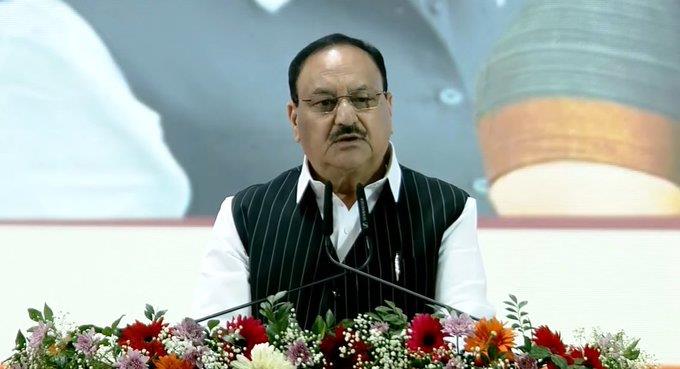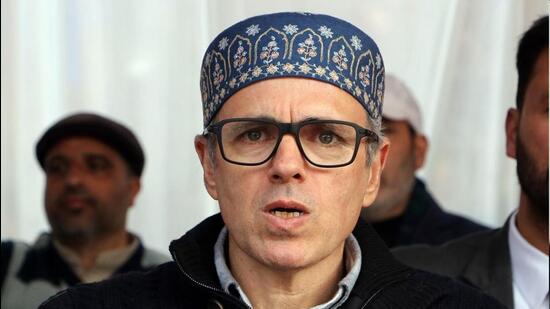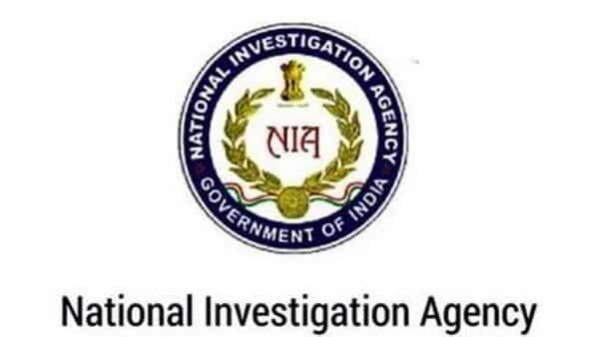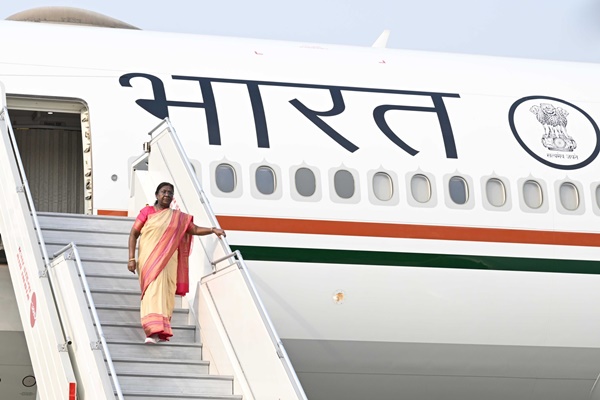Cabinet clears amendments to NMC Bill removing Bridge Course that allows practitioners of alternative medicines to pursue allopathy
Thu 29 Mar 2018, 10:46:37

Union Cabinet has approved amendments to the National Medical Commission (NMC) Bill including removing the contentious provision of Bridge Course, which would have allowed practitioners of alternative medicines to pursue allopathy.
Observing the need to act strictly against unqualified practitioners, the government approved an amendment to make the punishment for any unauthorised practice of medicine severe by including a provision for imprisonment of up to one year along with a fine extending to up to five lakh rupees.
The cabinet chaired by Prime Minister Narendra Modi also approved that the final MBBS examination will be held as a common exam throughout the country and will serve as an exit test to be called the National Exit Test (NEXT). Thus, students would not have to appear in a separate exam after MBBS to get licence to practice and 'NEXT' would serve as the screening test for doctors with foreign medical qualifications in order to practice in India.
Cabinet Committee on Economic Affairs (CCEA) has approved the proposal of Department of School Education and Literacy to formulate an Integrated Scheme on School Education by subsuming Sarva Shiksha Abhiyan (SSA), Rashtriya Madhyamik Shiksha Abhiyan (RMSA) and Teacher Education from 1st April 2018 to 31st March 2020. An estimated allocation of 75 thousand crore rupees over the period has been approved. It shows 20 percent increase over the current allocations.
The scheme comes in the backdrop of Prime Minister's vision of Sabko Shiksha, Achhi Shiksha and it aims at supporting the States in universalizing access to school education from classes pre-nursery to 12th across the country.
The vision of the Scheme is to ensure inclusive and equitable quality education from nursery to senior secondary stage in accordance with the Sustainable Development Goal for education. The main emphasis of the Integrated Scheme is on improving quality of school education by focussing on the two T's - Teacher and Technology.
The CCEA also give its approval for enhancing the scope of Pradhan Mantri Rojgar Protsahan Yojana (PMRPY). The Government will now contribute the Employer's full admissible contribution for the first
three years from the date of registration of the new employee for all the sectors including existing beneficiaries for their remaining period of three years. The informal sector workers would get social safety net and there would be more job creation.
three years from the date of registration of the new employee for all the sectors including existing beneficiaries for their remaining period of three years. The informal sector workers would get social safety net and there would be more job creation.
The CCEA also approved continuation of the Credit Guarantee Fund for Education Loans Scheme and continuation and modification of Central Sector Interest Subsidy Scheme with a financial outlay of 6,600 crore rupees from 2017-18 to 2019-20. This will provide education loans to 10 lakh students during this period. An official release said, to promote quality education, the scheme would cover loans for pursuing professional and technical courses.
The CCEA also approved the proposal of Ministry of Commerce and Industry for removal of prohibition on export of all varieties of edible oils except mustard oil. Mustard oil will continue to be exported only in consumer packs up to 5 Kilogram and with a minimum export price of 900 dollars per tonne. Removal of restrictions on export of all edible oils is likely to provide additional marketing avenues for edible oils and oilseeds and will benefit the farmers by way of better realisation for oilseeds.
The CCEA has also approved empowering the Committee, chaired by Secretary, Department of Food and Public Distribution to review the export and import policy on all varieties of edible oils and consider measures such as quantitative restrictions, prior registration, imposition of Minimum Export Price (MEP) and changes in import duties. The Inter-Ministerial Committee, headed by the Commerce Secretary, mandated to review the export of edible oils in consumer packs and calibrate MEP from time to time, has been discontinued.
Cabinet approved restructuring of National Skill Development Fund (NSDF) and National Skill Development Corporation (NSDC) to strengthen governance, implementation and monitoring framework.
The restructuring will ensure better corporate governance, transparency and accountability in operations of NSDC besides strengthening the oversight role of NSDF. The NSDC and the NSDF were set up by the Ministry of Finance for implementing coordinated action for skill development.
No Comments For This Post, Be first to write a Comment.
Most viewed from National
Most viewed from World
AIMIM News
Latest Urdu News
Most Viewed
May 26, 2020
Do you think Canada-India relations will improve under New PM Mark Carney?
Latest Videos View All
Like Us
Home
About Us
Advertise With Us
All Polls
Epaper Archives
Privacy Policy
Contact Us
Download Etemaad App
© 2025 Etemaad Daily News, All Rights Reserved.

.jpg)
.jpg)










.jpg)
.jpg)
.jpg)
.jpg)
.jpg)
.jpg)























